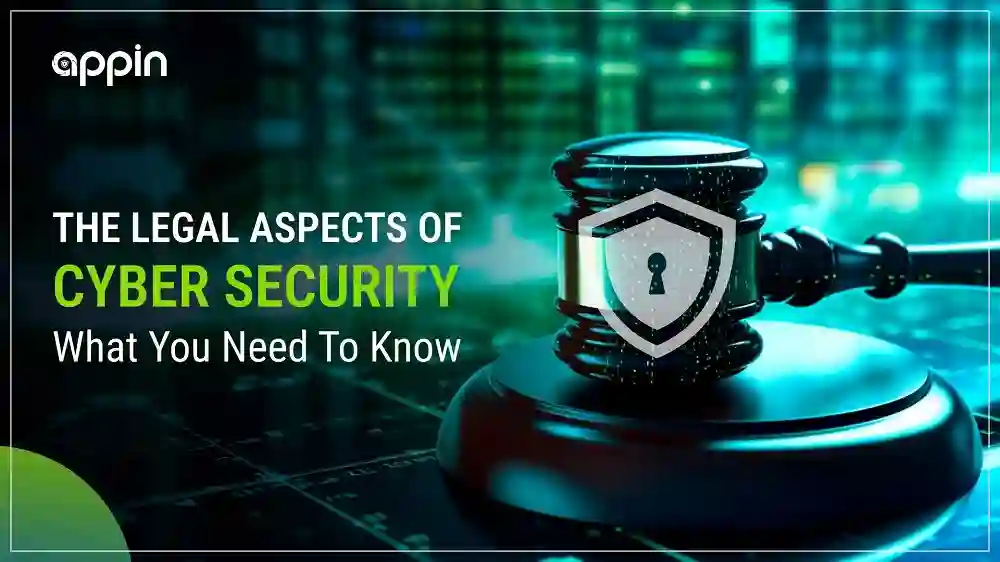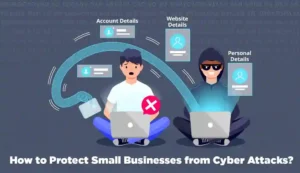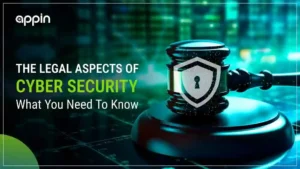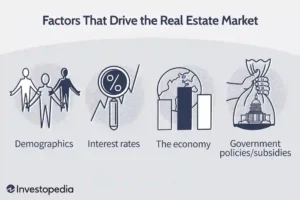Understanding the Legal Aspects of Online Data Security

Okay, so we’re living in a time when everyone’s online. Like, literally everyone. Your grandma is on Facebook, your dog probably has an Instagram account (I mean, it’s 2025, right?), and businesses are collecting all kinds of data. But here’s the kicker—while you’re busy liking cat memes or tracking the FedEx guy like it’s your day job, the legal side of online data security is, well, a bit of a headache. Who knew, right?
I’m here to break down this beast of a topic—Understanding the Legal Aspects of Online Data Security—and do it in a way that won’t have you googling “How to sleep through reading legal documents” halfway through. So, let’s dive in, starting with the basics.
Legal Frameworks Governing Online Data Security
Look, if you’re handling people’s data online, you can’t just toss it around like it’s the last bag of chips at a family gathering. You’ve gotta know the rules, and there are a ton of them. So, Understanding the Legal Aspects of Online Data Security means getting comfy with the major laws. Let’s start with some of the heavy hitters.
1. General Data Protection Regulation (GDPR)
Ah, the GDPR. It’s like the velvet rope at the club that says, “Nope, you can’t just waltz in and grab my data.” It came into full force back in 2018, and boy, does it pack a punch. If you’re dealing with the data of anyone in the European Union or the European Economic Area (basically, the whole neighborhood), you’d better pay attention.
- What’s in the GDPR’s Goodie Bag?
- Right to access. People can ask, “Hey, what do you have on me?” and you better know.
- Consent. You can’t just assume people are cool with you collecting their info. It’s gotta be crystal clear.
- Breach notifications. Got hacked? Tell them about it fast—like 72 hours fast. If you wait longer, that’s trouble.
- The fines. Oh yeah, we’re talking up to 4% of your global turnover. Ouch.
Honestly, when I first tried to wrap my head around GDPR, I felt like I was trying to read the fine print on a shampoo bottle. But once it clicks, you see how essential it is for Understanding the Legal Aspects of Online Data Security.
2. California Consumer Privacy Act (CCPA)
Alright, California, don’t mess around when it comes to data. The California Consumer Privacy Act (CCPA) was passed to give residents the upper hand in protecting their personal data, and if you’re collecting data from anyone in California, you better believe you’re under its watchful eye.
- The Essentials of CCPA:
- Right to know. You can’t just collect data and keep it a secret. You gotta disclose exactly what you’re doing with it.
- Right to delete. If someone wants you to delete their info, you’d better do it—or risk a fine. Kinda like how I promised to stop drinking soda after New Year’s, but…you know.
- Opting out. Don’t sell someone’s data without asking them first. Simple enough, right?
If you’re running a business in California (or doing business with Californians), you need to get Understanding the Legal Aspects of Online Data Security under this law or face some serious repercussions.
The Role of Data Processors and Controllers
Here’s where things get a bit more… technical. You’ve got data controllers and data processors. Imagine you’re throwing a house party, but instead of planning the snacks and music, you’re in charge of making sure the guest list is treated like it’s the most precious thing ever. (Like, my mom would say, “Respect your guests’ privacy!”)
1. Data Controllers
If you’re the data controller, you’re the one calling the shots. You decide what data gets collected and how it gets used. But just like that time I definitely broke my own New Year’s resolution to cut out fast food (note: it was two days in), you also have to follow the rules or face the consequences.
2. Data Processors
Data processors? They’re the ones handling the data for you. Think of them like the guy you hire to set up the party, but you’re still responsible if the balloons get popped early. The processor doesn’t get to decide how data is used—they just do what you tell ’em. But you? You have to make sure they’re playing by the same rulebook.
Data Encryption: Not Just for Techies
Okay, so you’ve heard of encryption, right? It’s like that unbreakable safe for your secrets. But here’s the thing: Understanding the Legal Aspects of Online Data Security means knowing it’s not just a “nice-to-have” thing. It’s essential. When you’re dealing with sensitive data, encryption is like the seatbelt in a car—it’s not optional.
I can’t tell you how many times I’ve used encryption as a “feel-good” measure without fully grasping why it’s so important for compliance. Like, yeah, we all get that encryption helps keep data secure, but it also keeps you on the good side of laws like GDPR. If you’re not encrypting personal data, you’re basically asking for trouble.
What Happens When Things Go Wrong? Data Breaches
Fast forward past three failed attempts at baking bread in a new oven, and you’ll realize…sometimes things go wrong. Data breaches happen. It’s not a matter of if, it’s a matter of when.
1. What to Do When the Data Hits the Fan?
First of all, breathe. Second, report it. Under laws like GDPR, you’ve got a tight window (usually 72 hours) to notify authorities if you’ve had a breach. Yeah, it sounds like a lot of pressure—but at least you won’t end up with a fine that could buy a yacht. (And let’s be honest, who doesn’t want a yacht?)
2. The Fines
Here’s where the fun stops. If you’re caught messing up, fines aren’t just a slap on the wrist. We’re talking up to €20 million or 4% of your global revenue. You might want to take a second to think about that. I once spent $50 at a flea market without thinking…this is worse. Much worse.
Key Legal Aspects for Your Business
Now, let’s talk about what your business needs to do. You’ve gotta stay compliant, and not just with your mom’s rules for your messy bedroom (although, shoutout to her for trying). You’ve got real legal obligations here.
- Data Minimization: Only collect what you need. If you don’t need that person’s shoe size, don’t ask for it. (I made that mistake once, and let’s just say…don’t.)
- Consent: It’s gotta be clear. “No” means “no,” not, “But I really want this data!”
- Vendor Contracts: When you bring in third parties (whether it’s a marketing firm or that guy from Pete’s Hardware who sets up your website), make sure they’ve got solid data protection clauses in place. You’re still responsible if they mess up.
International Data Transfers
In this global world of ours, Understanding the Legal Aspects of Online Data Security means dealing with international data transfers. And believe me, that’s no walk in the park.
1. Cross-border Data Transfers
If you’re transferring data outside of the EU, you’ve got some hoops to jump through. If you’re thinking about just sending that data without making sure it’s protected, well…that’s a one-way ticket to a fine. Use those Standard Contractual Clauses (SCCs) or other legal safeguards to ensure your data is being transferred safely.
Wrapping It Up
Alright, y’all. We’ve covered a lot of ground here, but the key takeaway is this: Understanding the Legal Aspects of Online Data Security isn’t just something you can skim through while waiting for your lunch to microwave. It’s serious business. Your business, your data, and—most importantly—your customers’ data are at stake.
So yeah, don’t mess around with this stuff. Get informed, stay compliant, and protect the data like it’s your own. Because, trust me, you don’t want to be the next headline.







